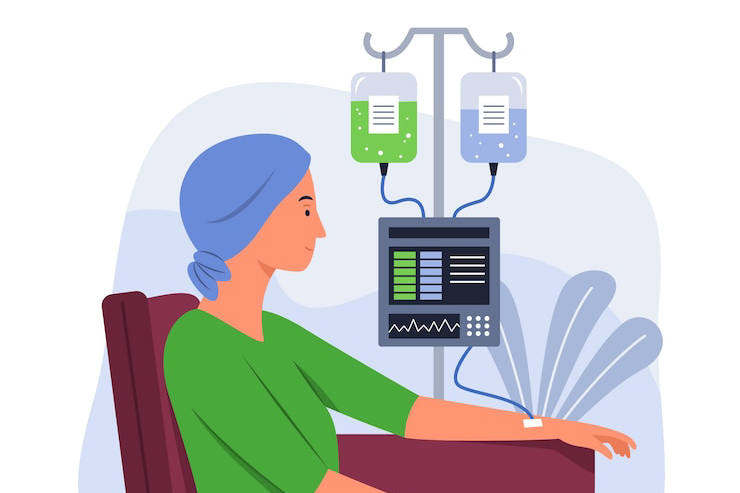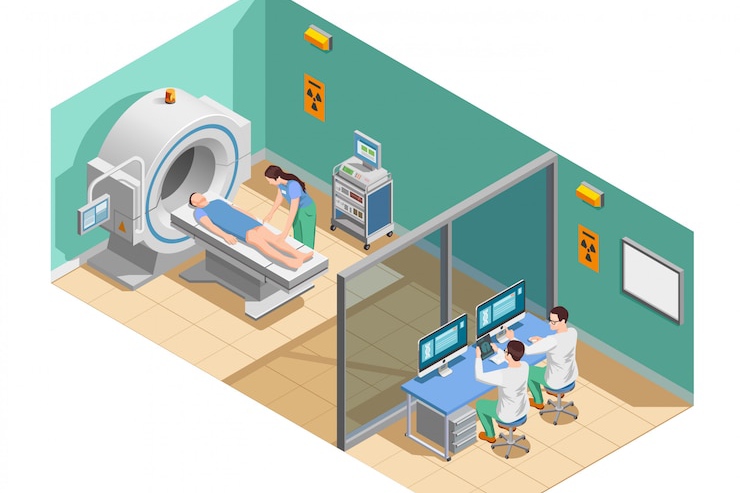
The Future of Oncology: Promising Advances in Cancer Research
Cancer has long been one of the most challenging diseases to treat, but recent advances in oncology are providing new hope for patients and doctors alike. The future of cancer treatment looks brighter than ever, thanks to cutting-edge research and innovative therapies that are transforming the way we understand and fight cancer.
1. Precision Medicine: Tailoring Treatments to Individual Patients
One of the most exciting developments in oncology is the rise of precision medicine. This approach uses genetic and molecular information to tailor treatments specifically to each patient’s unique cancer. Instead of using a one-size-fits-all method, doctors can now choose therapies that are more effective based on the genetic makeup of a person’s tumor. This personalized approach increases the chances of success and reduces side effects, offering a more targeted and effective way to fight cancer.
2. Immunotherapy: Harnessing the Body's Immune System
Immunotherapy is another breakthrough in cancer treatment. This innovative approach works by stimulating the body’s immune system to recognize and attack cancer cells. Unlike traditional treatments like chemotherapy and radiation, which target both healthy and cancerous cells, immunotherapy specifically targets cancer cells, helping to minimize damage to surrounding healthy tissue. With new advancements in this field, immunotherapy is becoming an essential tool in treating cancers like melanoma, lung cancer, and leukemia.
3. CAR-T Cell Therapy: A Game Changer for Blood Cancers
Chimeric Antigen Receptor T-cell (CAR-T) therapy is a groundbreaking treatment that has shown remarkable success in treating certain blood cancers, such as leukemia and lymphoma. In CAR-T therapy, a patient’s own T cells are modified in a lab to better recognize and attack cancer cells. This personalized therapy has already saved lives and is being studied for its potential in treating other types of cancer.
4. Liquid Biopsy: Non-Invasive Cancer Detection
Early detection of cancer is crucial for improving survival rates, and liquid biopsy is revolutionizing how we detect cancer. Instead of relying on traditional biopsies, which can be invasive and uncomfortable, liquid biopsies use a blood sample to detect genetic material from cancer cells. This non-invasive method allows doctors to detect cancer earlier, track treatment effectiveness, and monitor for any potential recurrence, making it an invaluable tool in the fight against cancer.
5. Artificial Intelligence and Machine Learning: Enhancing Diagnosis and Treatment
Artificial intelligence (AI) and machine learning are transforming many fields, and oncology is no exception. AI is being used to analyze medical images, helping doctors detect cancer at its earliest stages. It’s also being used to sift through vast amounts of data to identify potential treatment options that may not be obvious to human doctors. As AI continues to improve, it holds the potential to revolutionize how we diagnose and treat cancer.
6. Gene Editing: A Potential Cure for Cancer?
Gene editing technologies like CRISPR offer incredible promise for the future of cancer treatment. By editing the genes within cancer cells or even healthy cells, scientists can potentially correct the genetic mutations that cause cancer. This could lead to new treatments or even cures for previously hard-to-treat cancers. Although the technology is still in its early stages, it has the potential to change the landscape of oncology in the coming years.
Conclusion
The future of oncology is filled with hope and promise. Thanks to the ongoing research and technological innovations, we are moving closer to more effective, personalized, and less invasive treatments. While there is still much to learn, these advances are making it clear that the future of cancer treatment is brighter than ever. With continued progress, we may soon be able to offer more patients a better chance at survival and a higher quality of life after diagnosis.


